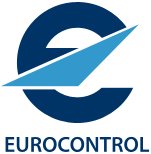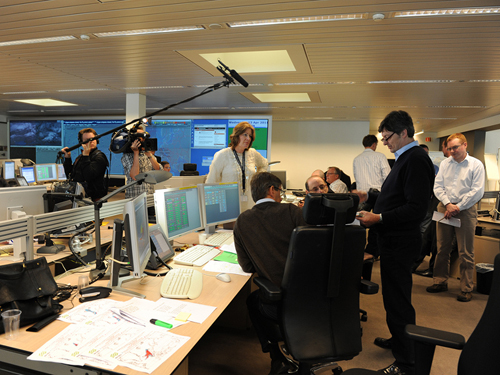Outcomes of the 2011 volcanic ash crisis exercise

On 13 and 14 April 2011, EUROCONTROL, EASA and EC, together with 77 airlines, 14 ANSPs, 10 regulatory authorities, the Volcanic Ash Advisory Centres in London and Toulouse participated in a major ICAO exercise simulating a volcanic eruption in Iceland.
 EUROCONTROL's network management operations room in action during the volcanic ash crisis exercise on 13 and 14 April 2011.
EUROCONTROL's network management operations room in action during the volcanic ash crisis exercise on 13 and 14 April 2011. The European Aviation Crisis Coordination Cell (EACCC), established following the real volcanic event in 2010, participated in the exercise as coordinator of a European air traffic management response.
This was the largest volcanic ash crisis exercise ever organised.
This was the largest volcanic ash crisis exercise ever organised.
The objectives of the exercise were:
- to test updated national and European region procedures described in the revised and agreed ICAO EUR/NAT Volcanic Eruption Contingency Plan, and
- to simulate, together with airspace users, a scenario which includes the use of a safety risk assessment methodology which is under consideration by ICAO, EASA and national authorities.
Preliminary conclusions show that:
- real progress has been made since last year in improving operational efficiency while maintaining safety: by applying the revised ICAO procedures, 70% of all planned flights would have taken place, 3 times more than last year during the Eyjafjallajökull eruption;
- there are still differences in the application of these revised procedures which require further efforts at European level to harmonise national responses;
- the European Crisis Visualisation Interactive Tool for AFTCM (EVITA), developed by EUROCONTROL, allowed for improved decision-making and use of airspace by aircraft operators.
A detailed analysis of lessons learnt will be carried out at the start of June.
Recommendations for further actions will be presented to the EU Transport Council meeting on 22 June 2011, as well as to the EUROCONTROL governing bodies and ICAO.
Recommendations for further actions will be presented to the EU Transport Council meeting on 22 June 2011, as well as to the EUROCONTROL governing bodies and ICAO.



.jpg)



.png)



Comments
There are no comments yet for this item
Join the discussion